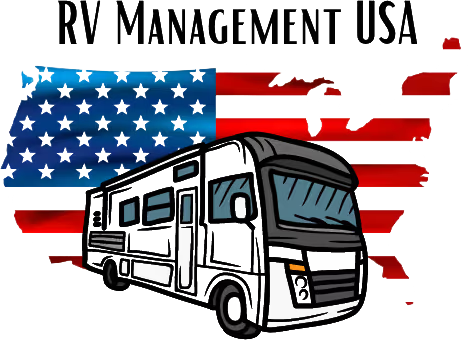Can You Refinance an RV Loan? Exploring Your Options for Better Terms
As the RV lifestyle continues to attract more enthusiasts seeking freedom and adventure on the open roads, the question of financial flexibility becomes increasingly relevant. One common query among RV owners is whether they can refinance their RV loan to secure better terms or lower interest rates. The short answer is yes, you can refinance an RV loan, but there are several factors and considerations to take into account before deciding if refinancing is the right choice for you. This article will delve into the nuances of RV loan refinancing, helping you make an informed decision.
Understanding RV Loan Refinancing
Refinancing an RV loan involves paying off your current RV loan with a new loan, ideally with better terms or a lower interest rate. The primary goals of refinancing are usually to reduce monthly payments, lower the overall interest cost, or adjust the loan term. It can be a strategic move for RV owners facing high-interest rates or looking to improve their financial situation.
Reasons to Consider Refinancing Your RV Loan
Lower Interest Rates: If interest rates have dropped since you took out your original loan, refinancing could secure you a lower rate, reducing the amount of interest you pay over the life of the loan.
Improved Credit Score: If your credit score has improved since you first secured your RV loan, you might qualify for better refinancing rates, thanks to your enhanced creditworthiness.
Change in Financial Situation: If your financial situation has changed—for better or worse—refinancing can adjust your loan terms to better fit your current capacity to pay.
Desire for a Shorter Loan Term: Refinancing can allow you to pay off your loan more quickly if you're able to afford higher monthly payments, potentially saving you money on interest in the long run.
Considerations Before Refinancing Your RV Loan
Credit Impact: Just like any loan application, applying for refinancing will prompt a hard inquiry into your credit report. Be sure your credit score is in good shape to avoid negatively impacting it further.
Closing Costs and Fees: Refinancing may involve fees, including origination fees, prepayment penalties on your old loan, and closing costs. Calculate these costs to ensure refinancing is financially beneficial.
Loan-to-Value Ratio: Your RV depreciates over time, and lenders will consider its current value versus the amount you owe (loan-to-value ratio) when considering you for refinancing. If your RV has depreciated significantly, it may affect your refinancing options.
Interest Rates vs. Loan Term: Lower monthly payments might mean extending the life of your loan, which could result in paying more interest over time. Analyze the long-term financial impact of refinancing your RV loan.
How to Refinance Your RV Loan
1. Review Your Current Loan: Understand the terms of your current loan, including your interest rate, monthly payment, and remaining balance.
2. Check Your Credit Score: Your credit score plays a significant role in your eligibility for refinancing and the rates you'll receive.
3. Contact RV Management USA: Reach out to RV Management USA to find the best loan options for refinancing your RV.
4. Calculate Costs: Use an online refinance calculator to compare your current loan with potential refinancing options, taking note of total interest paid and any fees associated with refinancing.
Conclusion
Refinancing your RV loan can be a wise financial decision, potentially saving you thousands of dollars over the life of your loan. However, it's important to carefully consider the reasons for refinancing, the potential costs involved, and how the new loan terms align with your financial goals. By doing thorough research and consulting with financial advisors or lenders, you can determine whether refinancing your RV loan is the right move for you.













